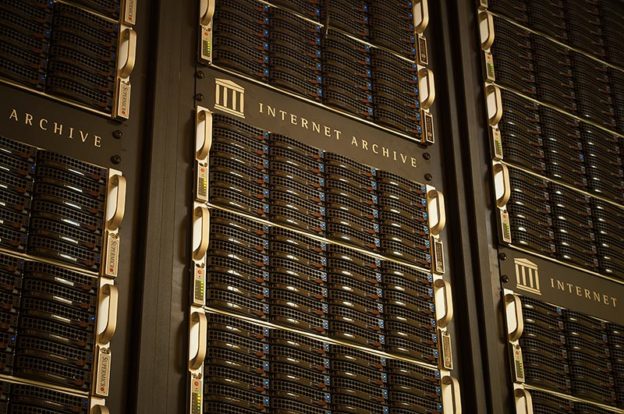The digital humanities bring up many questions that we seek answers to. In her article “Archives in Context and as Context”, Kate Theimer says that exploring digital humanities “is best compared, I think, to being a tourist in a foreign country for which there are no reliable guidebooks.” Because digital humanities is a new field, it is like uncharted waters. But the nice thing about it is that the people who are in the field get to decide what the field looks like. There may not be answers to some questions yet, but as the field evolves, so does the amount of knowledge we have, and our ability to search for answers.
Here is a topic that digital humanities brings up: archives versus databases. At first glance, these two terms may seem fairly similar… Or not. While these words do have a relationship, they do not mean the same thing.
![]() The Society of American Archivists endorses this definition of archives: “Materials created or received by a person, family, or organization, public or private, in the conduct of their affairs and preserved because of the enduring value contained in the information they contain or as evidence of the functions and responsibilities of their creator, especially those materials maintained using the principles of provenance, original order, and collective control.” In A Companion to Digital Humanities, Stephen Ramsay defines a database as “a system that allows for the efficient storage and retrieval of information.” I believe that a digital archive can be stored in a database, but I am not quite sure about the other way around.
The Society of American Archivists endorses this definition of archives: “Materials created or received by a person, family, or organization, public or private, in the conduct of their affairs and preserved because of the enduring value contained in the information they contain or as evidence of the functions and responsibilities of their creator, especially those materials maintained using the principles of provenance, original order, and collective control.” In A Companion to Digital Humanities, Stephen Ramsay defines a database as “a system that allows for the efficient storage and retrieval of information.” I believe that a digital archive can be stored in a database, but I am not quite sure about the other way around.
A conversation that is present in the discussion of both databases and digital archives is that of deciding how to preserve, and what to preserve. This seems to be a pattern that keeps coming up as I get deeper into my study of the digital humanities. Theimer argues that “an essential aspect of demonstrating authenticity is preserving context.” I think this is true when it comes to both digital archives and databases.
While archives and databases have different definitions, they move toward a common goal of preservation of information, and that should be important to all of us.
